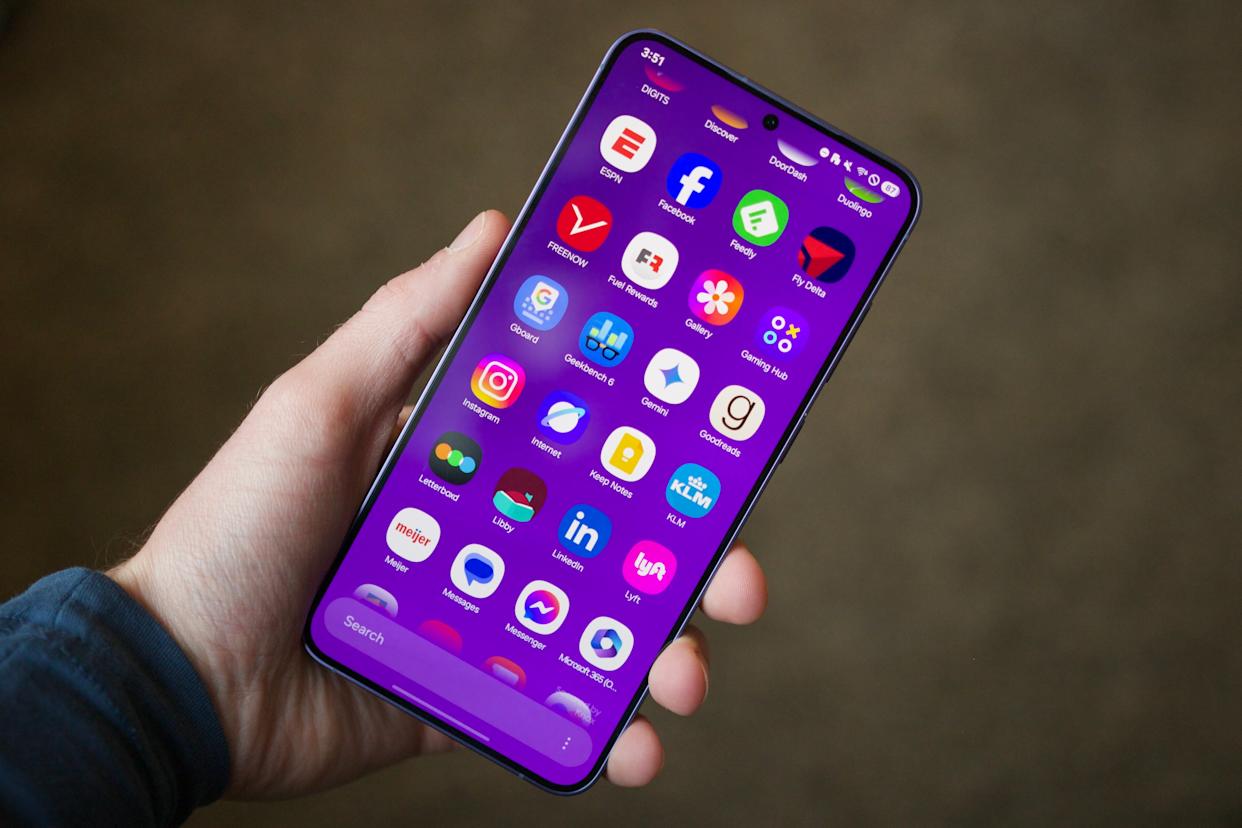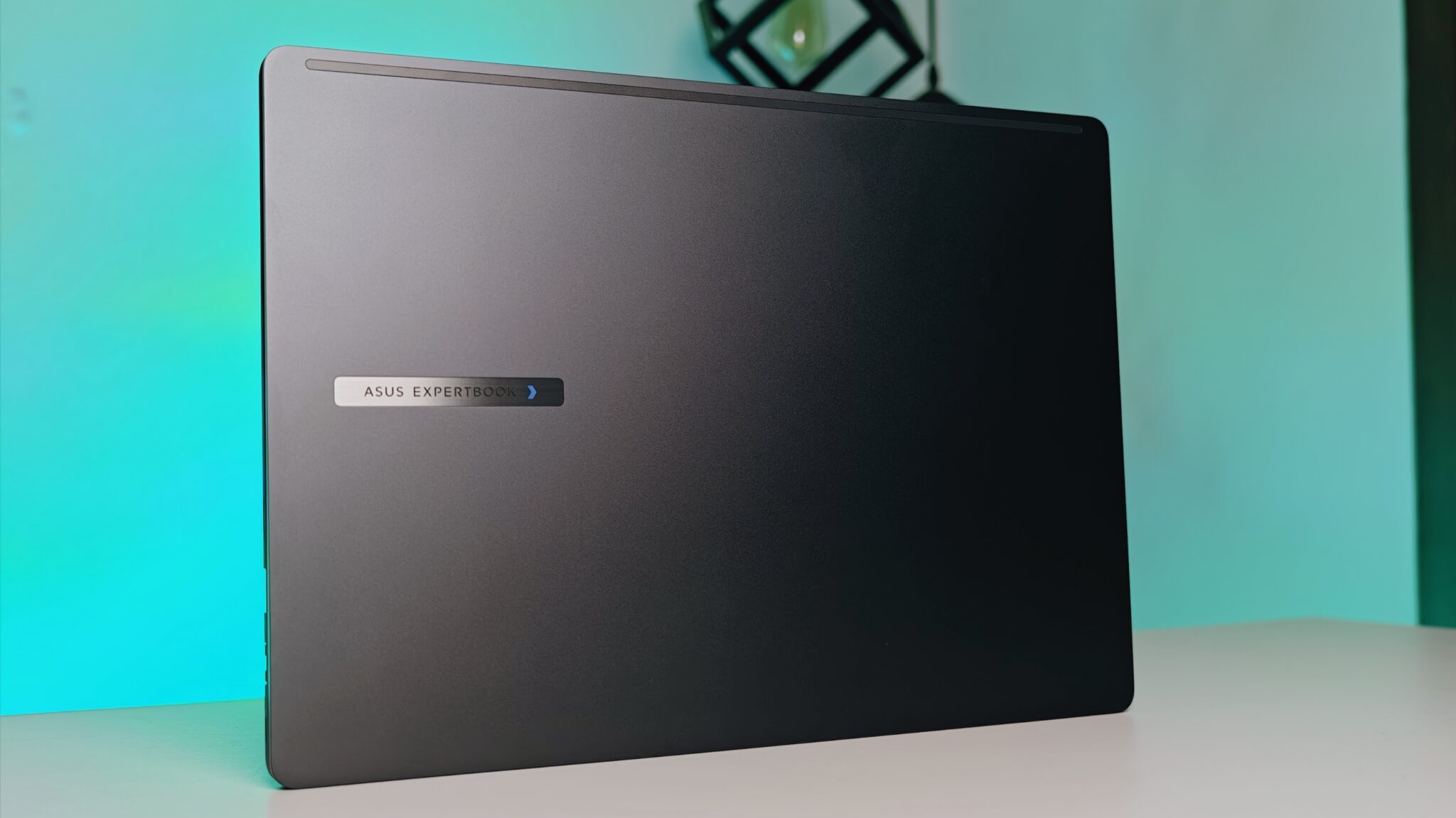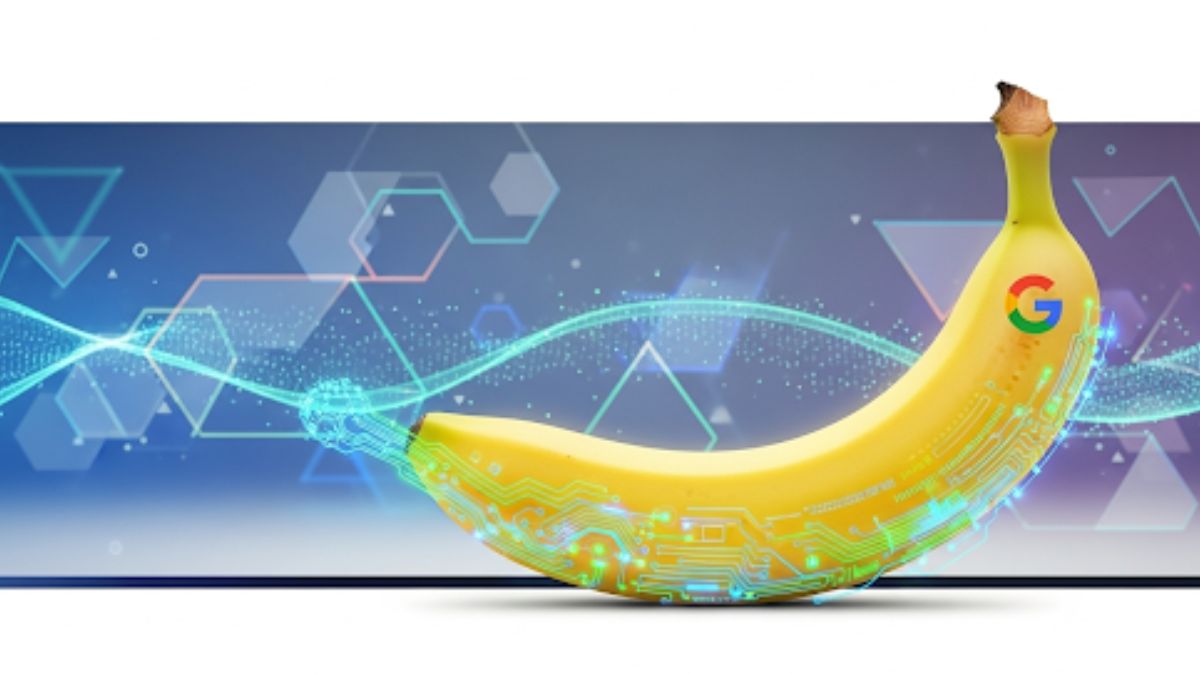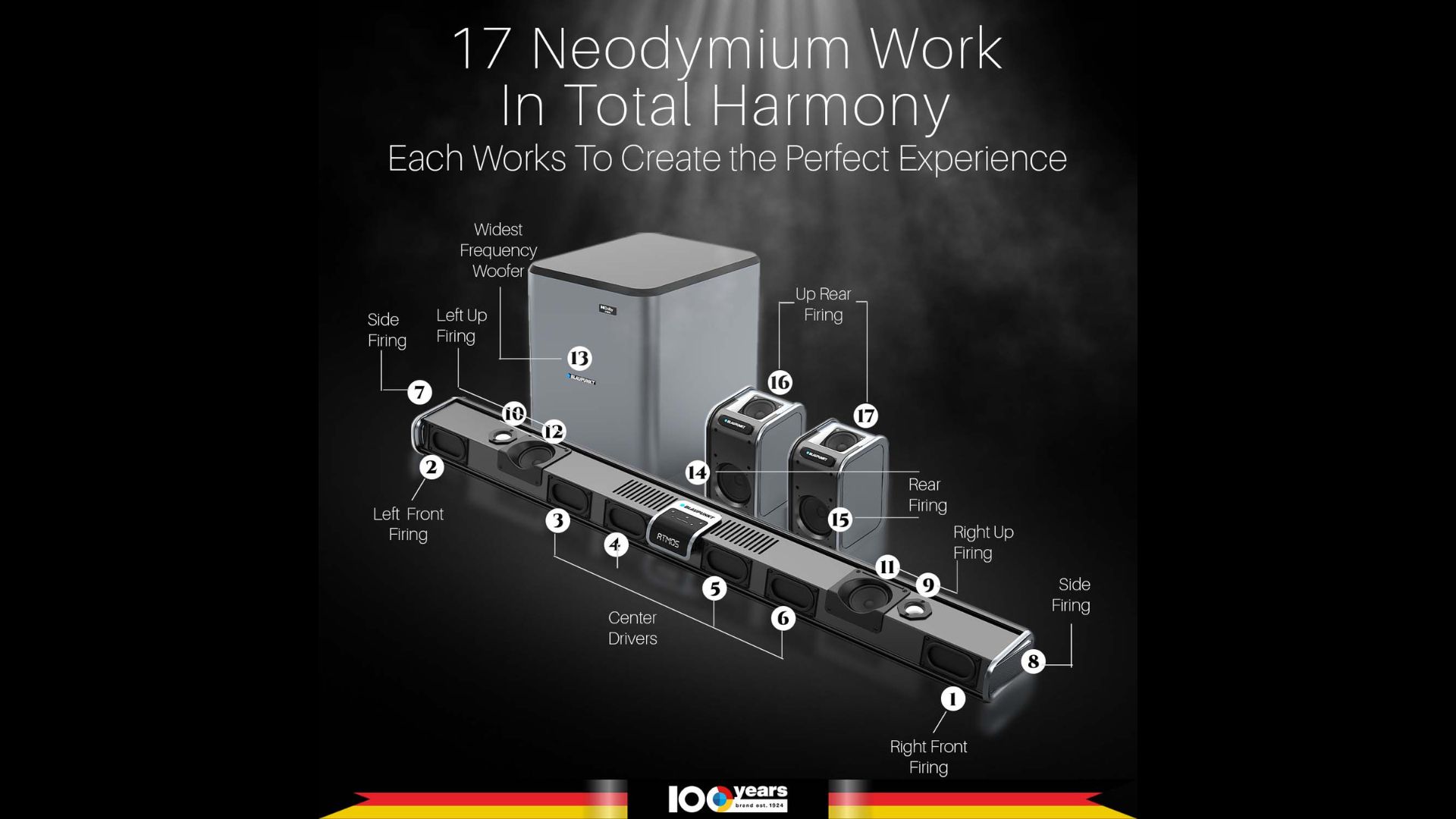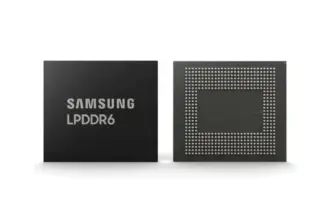Are you a software developer? Do you spend hours crafting intricate lines of code, debugging complex systems, and bringing digital dreams to life? Well, brace yourself, because the future of your profession might look drastically different than you imagine. According to a bold prediction from Microsoft’s Chief Technology Officer (CTO), the days of humans writing the vast majority of code are numbered. In a statement that has sent ripples through the tech world, the CTO estimates that within the next five years, artificial intelligence (AI) will be responsible for generating a staggering 95 per cent of all code.
This isn’t some far-off science fiction scenario. This is a forecast coming from the top echelons of one of the world’s leading technology companies. But what does this mean for the future of software development, the job market, and the very nature of how we build and interact with technology? Let’s unpack this seismic shift and explore its potential consequences.
To understand the gravity of this prediction, we need to look at the current advancements in AI-powered coding tools. Platforms like GitHub Copilot, powered by OpenAI, are already demonstrating the capability of AI to assist developers in writing code more efficiently. These tools can suggest entire lines of code or even complete functions based on the context provided by the developer. They learn from vast repositories of existing code and can understand natural language prompts to generate relevant and often accurate code snippets.
While current AI coding assistants primarily aid human developers, the prediction from Microsoft’s CTO suggests a future where AI takes the driver’s seat, generating the bulk of the code with minimal human intervention. This projection isn’t just based on wishful thinking. It reflects the rapid progress in machine learning, natural language processing, and code synthesis. AI models are becoming increasingly sophisticated in their ability to understand complex programming logic, identify patterns, and generate code that is not only functional but also optimized for performance and security.
Consider the implications. If 95 per cent of code is generated by AI, the role of the human developer will likely evolve significantly. Instead of spending countless hours writing boilerplate code or struggling with syntax errors, developers might transition into more high-level roles. They could focus on defining the overall architecture of a software system, specifying the requirements and functionalities, and overseeing the AI’s code generation process. Think of it like an architect guiding a team of highly skilled robotic builders.
This shift could lead to a dramatic increase in the speed and efficiency of software development. Projects that currently take months or even years to complete might be accomplished in a fraction of the time. This could accelerate the pace of technological progress across various industries, from healthcare and finance to education and entertainment. Imagine the possibilities of rapidly prototyping and deploying new software solutions to address pressing global challenges.
However, this prediction also raises some serious questions and concerns. What happens to the millions of software developers currently employed worldwide? Will their skills become obsolete? Will there be a massive displacement of jobs in the tech industry? While the nature of work will likely change, it’s unlikely that human developers will become entirely redundant. The need for human oversight, creativity, and problem-solving will still be crucial.
Think about it: AI models are trained on existing data. They excel at identifying patterns and generating code based on what they have already learned. But what about truly novel solutions or groundbreaking ideas that go beyond existing paradigms? That’s where human ingenuity and creativity come into play. Developers will likely need to focus on the more abstract and conceptual aspects of software development, pushing the boundaries of what’s possible and guiding AI in the right direction.
Another crucial aspect to consider is the potential for bias and errors in AI-generated code. AI models learn from the data they are trained on, and if that data contains biases, those biases can be reflected in the code generated by the AI. This could lead to software that perpetuates or even amplifies existing societal inequalities. Human developers will be essential in ensuring that AI-generated code is fair, ethical, and free from harmful biases.
Furthermore, the security implications of relying heavily on AI-generated code need careful consideration. If a vulnerability is introduced into the training data, it could potentially be replicated across a vast amount of AI-generated code, creating widespread security risks. Human experts will be needed to audit and verify the security of AI-generated code and to develop strategies for mitigating potential threats.
It’s also important to remember that this is a prediction, not a guarantee. While the progress in AI is undeniable, predicting the future with absolute certainty is impossible. There could be unforeseen technological breakthroughs or limitations that alter the trajectory of AI development. The adoption rate of AI in coding might also be influenced by factors such as cost, trust, and the willingness of organizations to embrace this new paradigm.
Despite the uncertainties, the prediction from Microsoft’s CTO serves as a powerful reminder of the transformative potential of AI. It signals a future where the relationship between humans and technology in software development will be fundamentally reshaped. While some might view this prospect with apprehension, others see it as an opportunity to liberate developers from mundane tasks and empower them to focus on more creative and strategic endeavors.
So, what should aspiring and current software developers do in the face of this potential shift? The key lies in adapting and evolving their skills. Instead of solely focusing on writing code, developers should cultivate skills in areas such as problem-solving, critical thinking, system design, and communication. Understanding the fundamentals of software development will remain crucial, even if the task of writing the code itself is largely automated.
Furthermore, developers should embrace AI-powered tools as valuable assistants rather than viewing them as replacements. Learning how to effectively collaborate with AI will be a crucial skill in the future. This includes understanding how to provide clear and concise prompts, how to review and debug AI-generated code, and how to leverage AI to enhance their own productivity and creativity.
The prediction that AI will generate 95 per cent of all code in the next five years is a bold one, but it reflects the undeniable momentum of artificial intelligence in the realm of software development. While the future might look different, it doesn’t necessarily mean the end of the software developer’s role. Instead, it could usher in a new era of collaboration between humans and AI, leading to faster, more efficient, and potentially more innovative software development. The key for developers is to adapt, learn, and embrace the changing landscape to thrive in this evolving technological world. This isn’t about AI stealing jobs; it’s about AI changing the nature of those jobs and creating new opportunities we can only begin to imagine.



